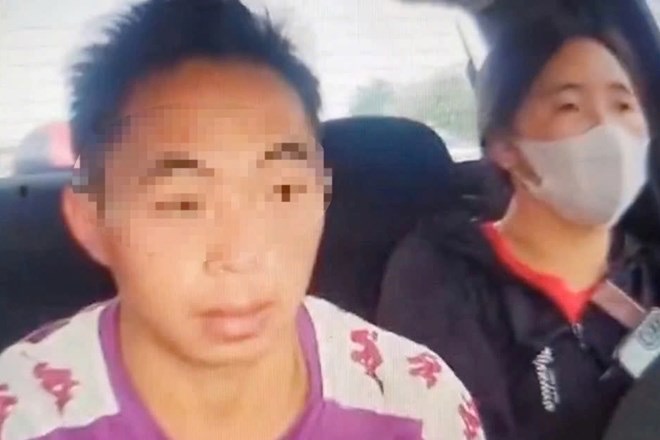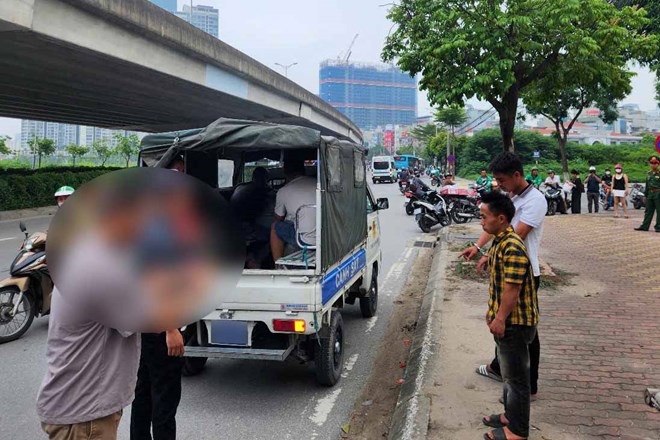Regarding this content, reader Nguyen Minh T. (Lao Cai) expressed his concern: "I am very upset when reading the incident of two people in the highlands being charged nearly 5 million VND for a distance of less than 30km in Hanoi, but the driver did not publicly disclose the price, nor issued the invoice".
"May I ask, is this behavior illegal? What should people do to report similar acts? And what is the solution to prevent this situation?" - a reader asked.
Talking to Lao Dong reporter, Lawyer Hoang Van Ha had specific analysis of the right to report, the evidence to be collected and the legal mechanism to protect the people.
PV - Taxis do not publicize price lists, collect money without invoices: Is there a violation of the law?
Lawyer Hoang Van Ha: According to Decree 158/2024/ND-CP, all means of passenger transport that collect fees must publicly post fares, driver's information, license plates and provide invoices when paying. Failure to do this is an administrative violation, which can be fined up to 15 million VND, or even have the right to use a business license revoked if committed again.
In case there are signs of fraud or extortion - especially if there is a situation where there is a scandal, price pressure, threat or taking advantage of the victim's situation - the act can be prosecuted.

- Where can people report being "ripped off"?
- When being "ripped off" while using taxi or motorbike taxi services, people need to quickly report the incident to the ward police where the incident occurred. At the same time, it is possible to send a report to the local Criminal Police Team, the Traffic Inspectorate via hotline or contact the Central Office of the Ministry of Transport.
The reporting will be more effective if people provide sufficient evidence such as: photos and videos recording the incident and the driver's words; photos of the license plate, information about the route via phone positioning; transfer receipt or payment QR code; and witness information (if any). This data will be an important basis for authorities to verify and handle violations, while contributing to preventing the exploitation of disadvantaged people at hot spots such as hospitals and bus stations.
Moreover, payment by QR code leaves a clear electronic trace in the banking system, thereby becoming an effective support tool for the investigation agency in the process of verifying and clarifying the case. Transaction information can help track down the account owner to receive money, determine the time, location and device for making the transaction.
In many cases related to fraud or extortion, data from QR transactions has become important evidence, contributing to clarifying violations and handling violators according to the law.

- If there is a collusion between the driver, the pimp, the person impersonating - will you be prosecuted according to the organizing group?
- In case the driver, the pimp and the impersonators show signs of collusion, delegating roles to create scams or appropriate money from passengers, this behavior can be completely prosecuted as an organized crime. According to Article 17 of the Penal Code, if the investigation agency determines that there is close coordination, repetitive behavior and the purpose of appropriating property, the related group of subjects will be considered with aggravating circumstances.
The crimes that can be applied include: fraud to appropriate property, extortion or use of telecommunications networks, the internet to commit crimes. Depending on the severity and value of the appropriation, the defendants may face a penalty of up to 10 years in prison or more.
The case of "granting nearly 5 million VND" in Hanoi cannot therefore be considered a single incident of "ripping off", but has clear signs of organized fraud.
This is a strict warning for spontaneous passenger transport management, especially in complex locations such as hospital gates and bus stations - where people are disadvantaged and do not have a good grasp of the language or law, which can easily become "prey" for sophisticated profiteering lines.










